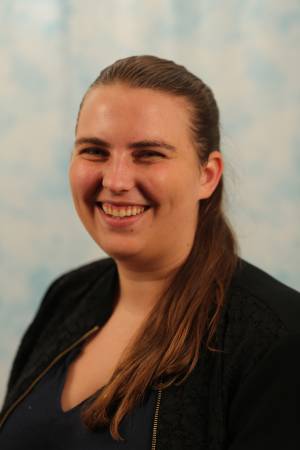PhD Thesis Defense
Whisker-Inspired Sensors for Unstructured Environments
Abstract: Robots lack the perception abilities of animals, which is one reason they can not achieve complex control in outdoor unstructured environments with the same ease as animals. One cause of the perception gap is the constraints researchers place on the environments in which they test new sensors so algorithms can correctly interpret data from [...]
Differentiable Convex Modeling for Robotic Planning and Control
Abstract: Robotic simulation, planning, estimation, and control, have all been built on top of numerical optimization. In this same time, modern convex optimization has matured into a robust technology delivering globally optimal solutions in polynomial time. With advances in differentiable optimization and custom solvers capable of producing smooth derivatives, convex modeling has become fast, reliable, [...]
Towards a Universal Data Engine for Robotics and Beyond
Abstract: Robotics researchers have been attempting to extend data-driven breakthroughs in fields like computer vision and language processing into robot learning. However, unlike vision or language domains where massive amounts of data is readily available on the internet, training robotic policies relies on physical and interactive data collected via interacting with the physical world -- [...]
Robust Reinforcement Learning for Safety Critical Applications via Curricular Learning
Abstract: Reinforcement Learning (RL) presents great promises for autonomous agents. However, when using robots in a safety critical domain, a system has to be robust enough to be deployed in real life. For example, the robot should be able to perform across different scenarios it will encounter. The robot should avoid entering undesirable and irreversible [...]
Communication-Efficient Active Reconstruction using Self-Organizing Gaussian Mixture Models
Abstract: For the multi-robot active reconstruction task, this thesis proposes using Gaussian mixture models (GMMs) as the map representation that enables multiple downstream tasks: high-fidelity static scene reconstruction, communication-efficient map sharing, and safe informative planning. A new method called Self-Organizing Gaussian mixture modeling (SOGMM) is proposed that estimates the model complexity (i.e., number of Gaussian [...]




